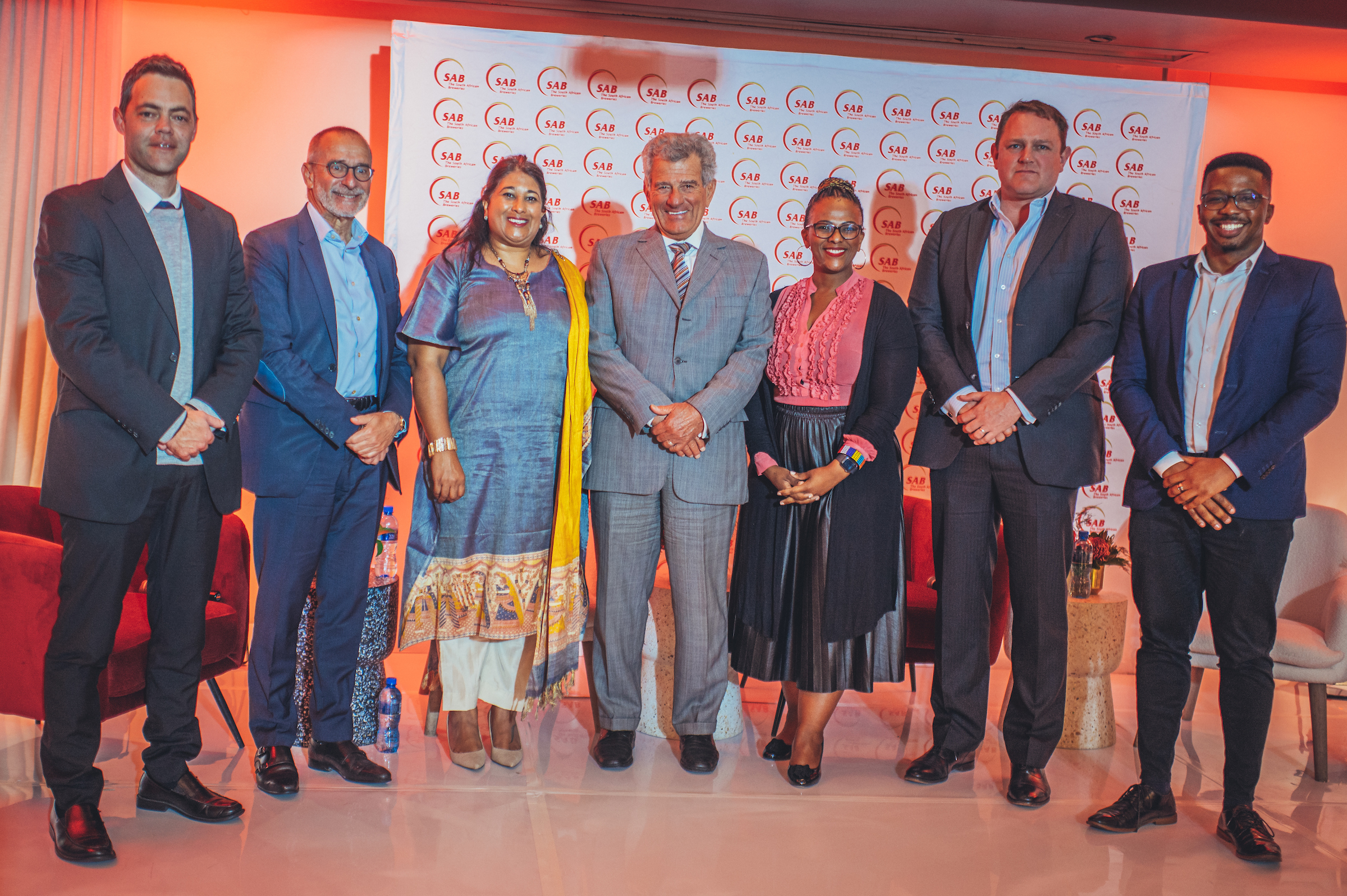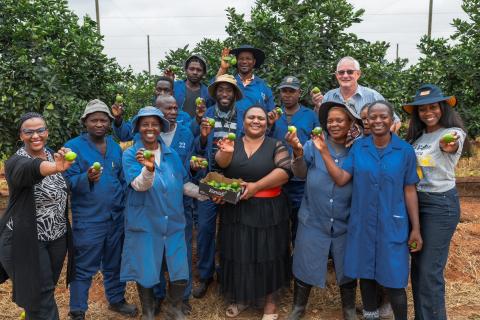
In an event highlighting the economic impact of the local beer sector, the South African Breweries (SAB) called for more certainty in tax policy ahead of 2023 excise tax increases which are set to be announced at the next National Budget Address in February 2023.
SAB CEO Richard Rivett-Carnac said, “The truth is we (the beer industry) have a massive role to play in helping the South African economy recover and grow. With policy certainty, we can be allowed to make investment decisions and sustainably and predictably grow our business, and by extension, our economy.”
In this ‘State of the Beer Economy’ event, SAB launched the findings from a report conducted by Oxford Economics, one of the world’s leading independent advisory firms, to gain an understanding of the economic impact of the beer sector in South Africa.
To share these finding, Director of Consulting at Oxford Economics, Cobus De Hart outlined the key results.
He revealed the beer category supported R71bn in gross value-added contribution to South Africa’s GDP, which included R43bn in tax payments to the government. To put this into perspective, De Hart indicated that beer represented R1 in every R79 of South Africa’s GDP in 2019.
“We assessed the upstream and downstream impact of the sector which spans the entire value chain. We then quantified the data by unpacking direct, indirect and induced channels of impact.”
He also revealed the average worker at a brewer was found to be nine times more productive than the average South African worker. In terms of these workers, he said the beer industry directly employed over 181 000 people, which represented 1.1% of national employment in 2019.
At the event, Business Unity SA vice-president Dr Martin Kingston proclaimed the private sector as a core driver of economic recovery and stability in South Africa, calling for a more predictable and reliable policy landscape from government.
“If you assume the flywheel of stability is increasing inclusive economic growth and that is driven by the private sector, then the private sector can only continue this in a predictable environment in which it can viable invest,” said Kingston.
He said, the need for policy certainty which is at the top of Business Unity SA’s agenda and forms a primary focus in their discussions with government.
To echo this statement, CEO of the Beer Association of South Africa (BASA), Patricia Pillay said, “We cannot keep shutting down industries when we have a crisis. We can’t move ahead if we don’t have certainty. We need assurances as industry from government to say that we can have a seat at the table and that when decisions are made, we are properly consulted and can participate.”
One of the certainties sought by the industry is that of the national excise policy, which Rivett-Carnac said has continually escalated beyond inflation year-on-year for over a decade, sometimes doubly so. “We understand the reasons for the regulations, and we believe they play an important role, but it needs to be consistent,” said Rivett-Carnac.
For him, and for the beer industry, Rivett-Carnac believes regulatory certainty around excise is all about agreeing with government the role that private sector organisations like SAB can play as a partner.
“By working together, we can ensure that the business, the industry, and the communities that depend on us, can sustainably grow with a 10-to-15-year view at the very least,” concluded Carnac.
Watch the full “State of the Beer Economy” event and get a better understand of beers impact on the South African economy and the need for regulatory and policy certainty.



